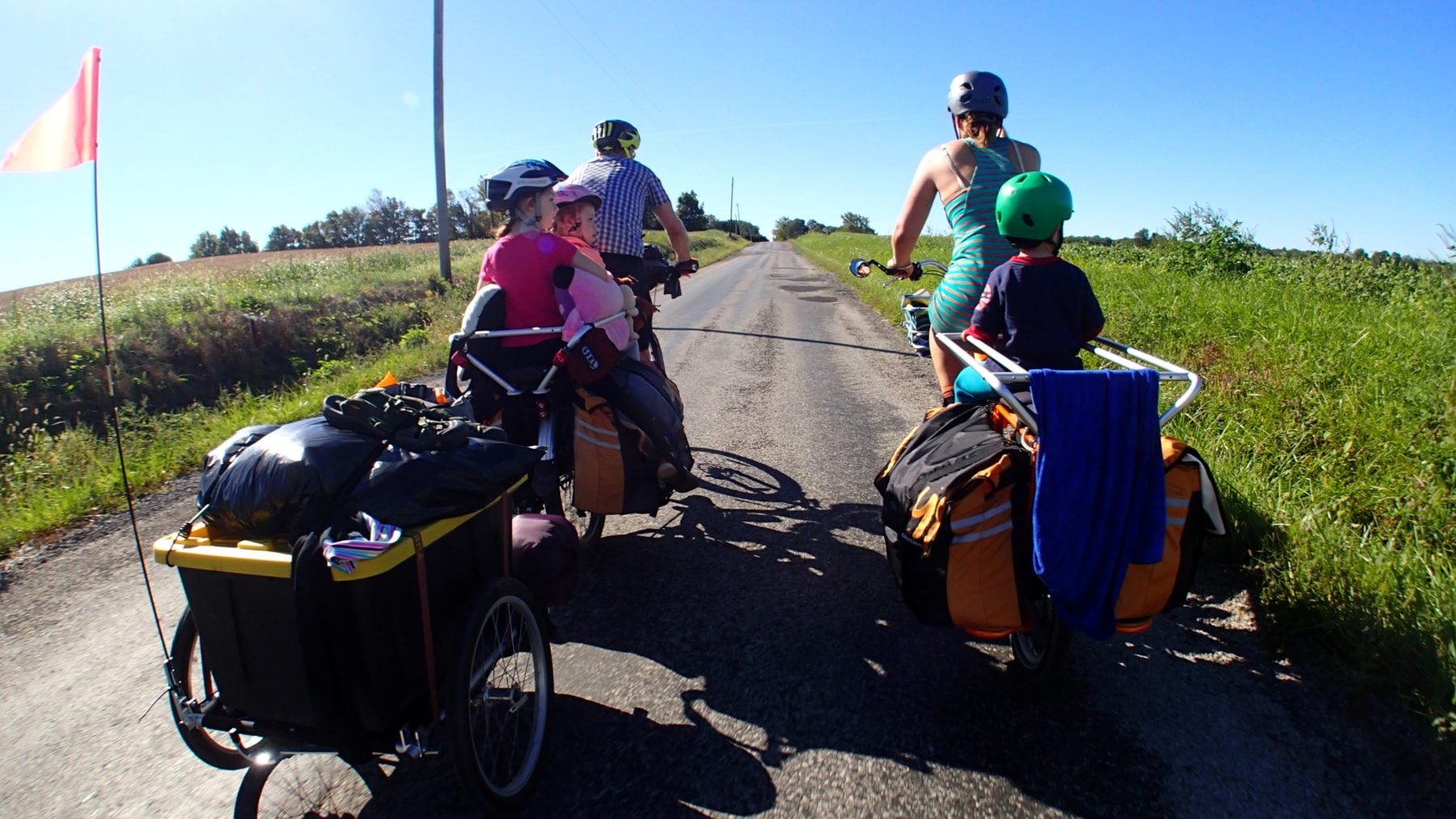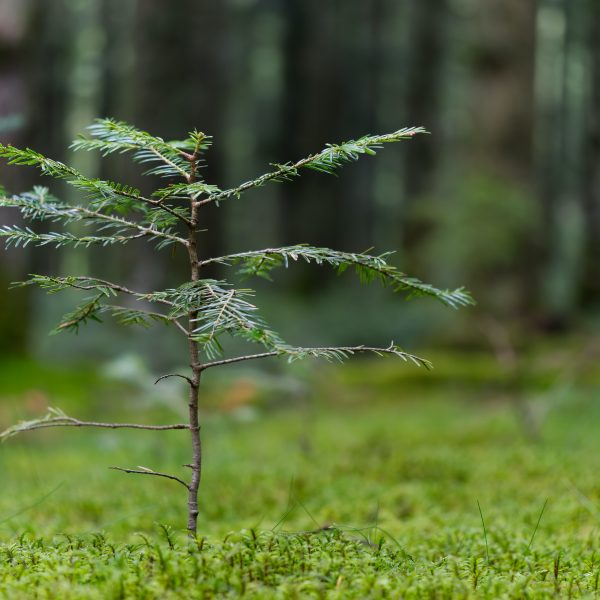Wondering how to talk to children about climate change? Experts share their thoughts

When it comes to the complex topic of climate change, there are few experts better qualified to give their perspective than climate scientists.
The University of New South Wales (UNSW) recently spoke with three experts to learn more about how to navigate the challenge of explaining climate change to children in a way that is honest, respectful and accurate.
Dr Sarah Perkins-Kirkpatrick is a climate scientist at UNSW Canberra with expertise in weather extremes, notably heatwaves and how they have changed over time. She has two children under five with a third on the way.
Professor Katrin Meissner is a climate change expert with UNSW Science and also the director of the university’s Climate Change Research Centre (CCRC). Prof. Meissner’s focus is on large-scale climate feedbacks and tipping points. She has two teenage children, 14 and 16.
Dr Ian Macadam is a member of UNSW’s CCRC and leads the Knowledge Brokerage Team at the ARC Centre of Excellence for Climate Extremes. His expertise is in translating climate science for schools, businesses and governments. Earlier, he cut his teeth on the physical sciences with a PhD in climate projections and climate impacts. He has four-and-a-half-year-old twins.
There’s no need to sugar-coat the truth or scaremonger when talking to kids about climate change.
While climate change may be a difficult conversation to have, the fact that more than four fifths of Australians believe that climate change will result in more droughts and flooding means this topic of conversation will be discussed for a long time yet, as ordinary families try to navigate the path between hope and abject despair about the existential challenges facing humanity.
Here, Dr Perkins-Kilpatrick has simple advice – talk to children about how the planet’s changing, the indicators of this and how this may be fixed.
“I think you should always finish on a message of hope, especially with a younger demographic,” she explained.
In Professor Meissner’s home, questions are always answered with truth, “even if the answer isn’t pretty,” and this applies to climate change conversations too.
“Climate change for me is just another fact we have to live with, a fact we can talk about with the kids,” she said.
“Because we talk about climate change all the time, they were exposed to it from a young age. We would also take them on holidays where you can see evidence of it all around you, for example coral reefs. I think it was just part of their lives from the beginning, and they didn’t need me pointing these things out.”
Dr Macadam said he is trying to raise awareness of environmental issues for his children, by pointing out electric cars, explaining why taps shouldn’t be left running, telling them to be aware of the amount of waste they generate, and similar discussions.
“I think that’s a far easier thing to attack than the specific issue of climate change itself,” he said.
“I see climate change as just another facet of issues to do with waste and careful use of resources. As for whether I’m worried about scaring them or other kids old enough to understand about climate change, to be honest, it doesn’t worry me. I mean, there are things worth being scared of!”
How young is too young for climate change chats?
The experts had differing ideas about when climate change discussions should begin. Professor Meissner said it was important for children to know the truth from a young age.
“I tell them what I know,” she began, “but I also tell them what I don’t know – like saying, ‘we think this works this way but we’re not sure’.
“I’m not an education specialist but I think kids can handle the truth as long as it is delivered in an objective way, without fear mongering. And I think we need to remember that kids live in this world with us, that they see animals dying, they see people that get sick, they see that we, as parents (and educators), cannot protect them from everything. That’s just reality.”
For Dr Perkins-Kilpatrick, the important thing about having such conversations is to be age appropriate – use simple language and concepts that a child can understand.
“Be honest – you can definitely be honest without being brutal. And finish it on a positive note. It’s not too late, and we have solutions.”
For more information about climate change in an early childhood context, please see here.
Popular

Quality
Practice
Provider
Research
Workforce
Honouring the quiet magic of early childhood
2025-07-11 09:15:00
by Fiona Alston

Policy
Practice
Provider
Quality
Workforce
Minister Jess Walsh signals urgent action on safety and oversight in early learning
2025-07-11 08:45:01
by Fiona Alston

Workforce
Policy
Quality
Practice
Provider
Research
The silent oath: Why child protection is personal for every educator
2025-07-17 09:00:31
by Fiona Alston











